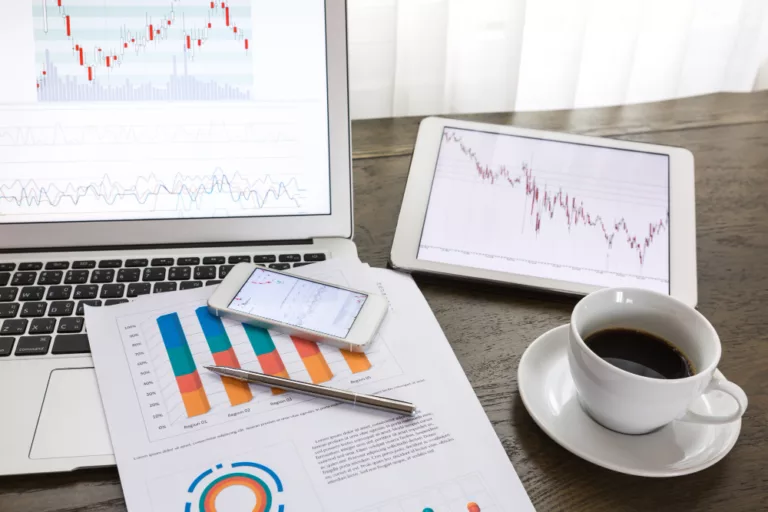What is Scalping in Forex?
Scalping in forex trading is a strategy widely used by traders seeking quick profits from small market movements. This article explores the concept of scalping, its methodologies, advantages, and challenges.
Defining Scalping in Forex
Scalping is a trading strategy that involves making numerous trades over a short period, aiming to profit from small price changes. Scalpers, the traders who employ this strategy, typically hold positions for a few minutes or even seconds.
Characteristics of Scalping
- High Frequency of Trades: Scalpers execute many trades within a day, often during the market’s most liquid hours.
- Small Profit Margins: Each trade aims for a small profit, but collectively, these can add up over time.
- Quick Decision-Making: Scalping requires fast decision-making skills to capitalize on quick market movements.
- Technical Analysis: Scalpers rely heavily on technical analysis and real-time trading systems to identify trading opportunities.
Tools for Scalping
- Technical Indicators: Scalpers often use indicators like moving averages, Bollinger bands, and stochastic oscillators.
- Trading Platforms: A reliable platform with real-time data, fast execution, and low spreads is crucial.
- Risk Management: Effective risk management strategies are essential, including stop-loss orders and position sizing.
Advantages of Scalping
- Opportunities: The forex market’s volatility provides numerous scalping opportunities.
- Limited Exposure: Short-term trades mean limited exposure to market risk.
- Compounding Profits: Small profits can compound into significant returns over time.
Challenges of Scalping
- High Stress and Time Commitment: Scalping requires constant market monitoring and can be mentally taxing.
- Transaction Costs: Frequent trading leads to higher transaction costs, affecting profitability.
- Market Sensitivity: Scalping is sensitive to market conditions; it’s most effective in stable, liquid markets.
Scalping and Different Market Conditions
Scalping is best suited for stable markets with consistent liquidity. In highly volatile markets, scalpers face an increased risk of slippage and wider spreads.







